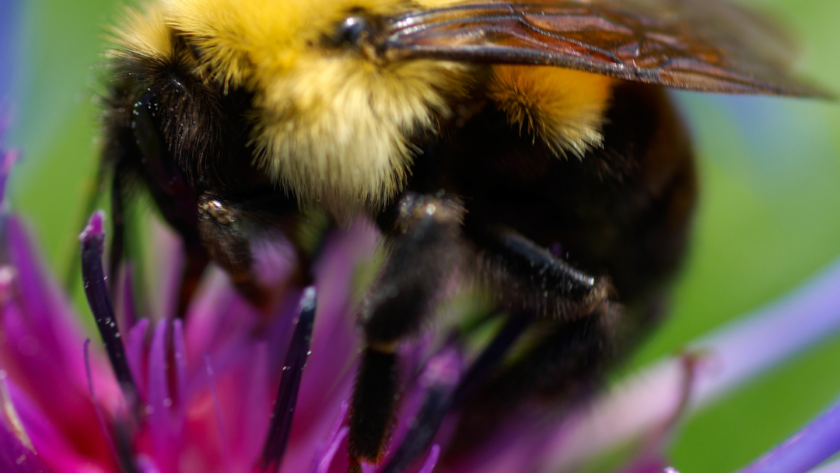If you want to make your garden more sustainable, there are plenty of options available for you, but the best thing you can do is to start very simply. Let’s show you some ways to create a sustainable garden.
Find Creative Ways To Reuse Resources
There are many options for you, including water containers that you can use to filter freshwater. But you can also go one step further and install a water pump. While there are many water pump problems and solutions out there, the fact is that if you are looking to start sustainably, what better way to do it than with the liquid that comes out of the sky? Harvesting as much rainwater as you can is a great way to give back to the soil as it can maximize the moisture for healthy plant growth and reduces your reliance on local water supplies.
Avoiding Chemicals
If you want to design a sustainable garden, you have to commit to never using chemicals. Chemicals create a lot of damage and have negative consequences, so if you are trying to minimize pests in the garden, there are plenty of organic alternatives.
Creating a Zero-Waste Garden
Anything that’s organic and natural can decompose. In order to create a foundation of sustainability in your garden, it’s important to remember that you don’t need to throw everything in the garbage. One of the best ways for you to think about this is to consider what you would do if you didn’t have a garbage disposal unit. As kitchen scraps and green garden waste can be reused outdoors, there are plenty of compost systems and Bokashi bins to suit every situation. And even if you do not have the room, you can contribute to someone else’s compost pile.
Building Healthy Soil
It is so easy to do this, especially if you start collecting all of your grass clippings and dry leaves. Organic matter is going to improve the structure of the soil so you can grow healthier plants. In this respect, sustainability is so straightforward because everything is right there in your garden, you just need to collect it all and layer it over the soil.
Saving Seeds
Even if you need to buy seeds or plants to get yourself started on this journey you reduce your need to buy seeds every year by propagating new plants from species that grow well in your garden environment.
Choosing the Right Plants
While you may think that you can start to grow fruit now, it’s important to remember that choosing locally adapted plants is better for your garden. Choosing perennials over annuals is a good idea and picking water-wise plants that are not as thirsty can help you grow a diverse ecosystem and give your garden a solid starting point.
As sustainability is something we all need to consider, the best place to begin is at home. There are plenty of options available for you, and if you are lucky enough to have a garden, make the most of this.




my dream is to have a piece of land to create a large garden